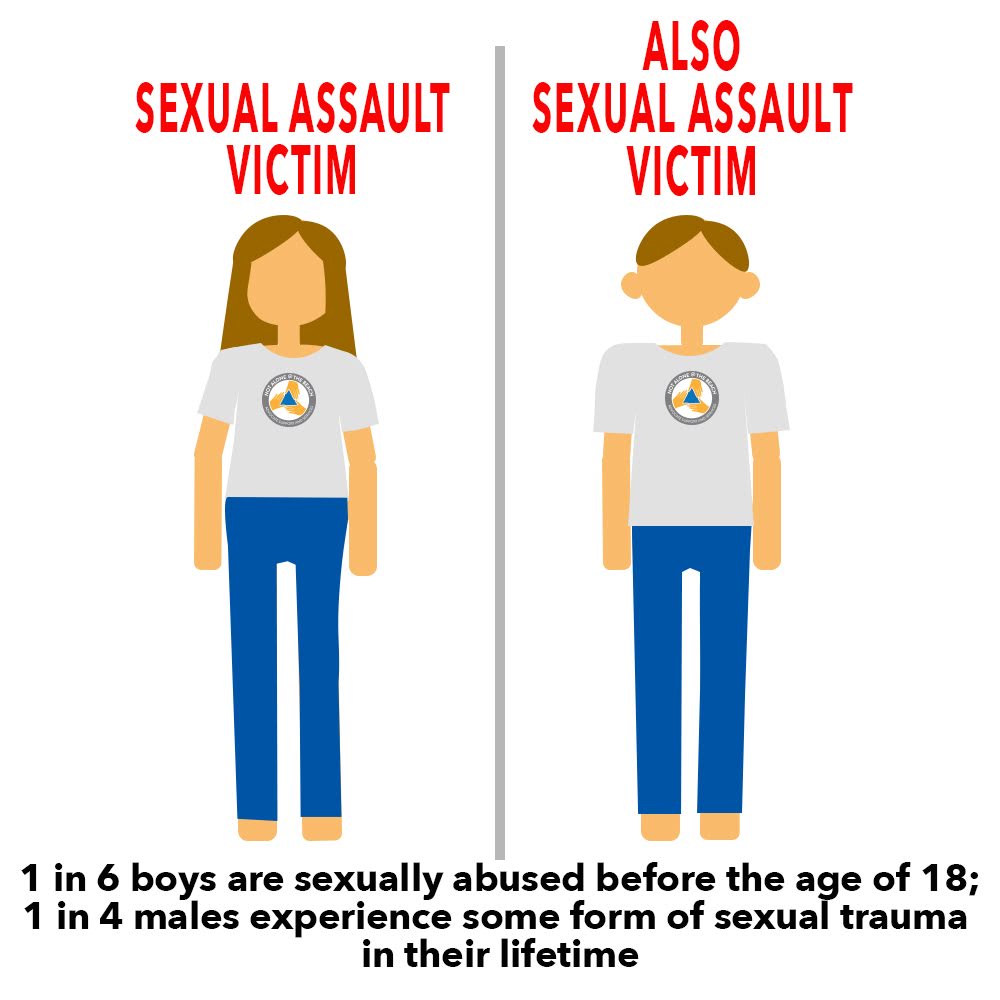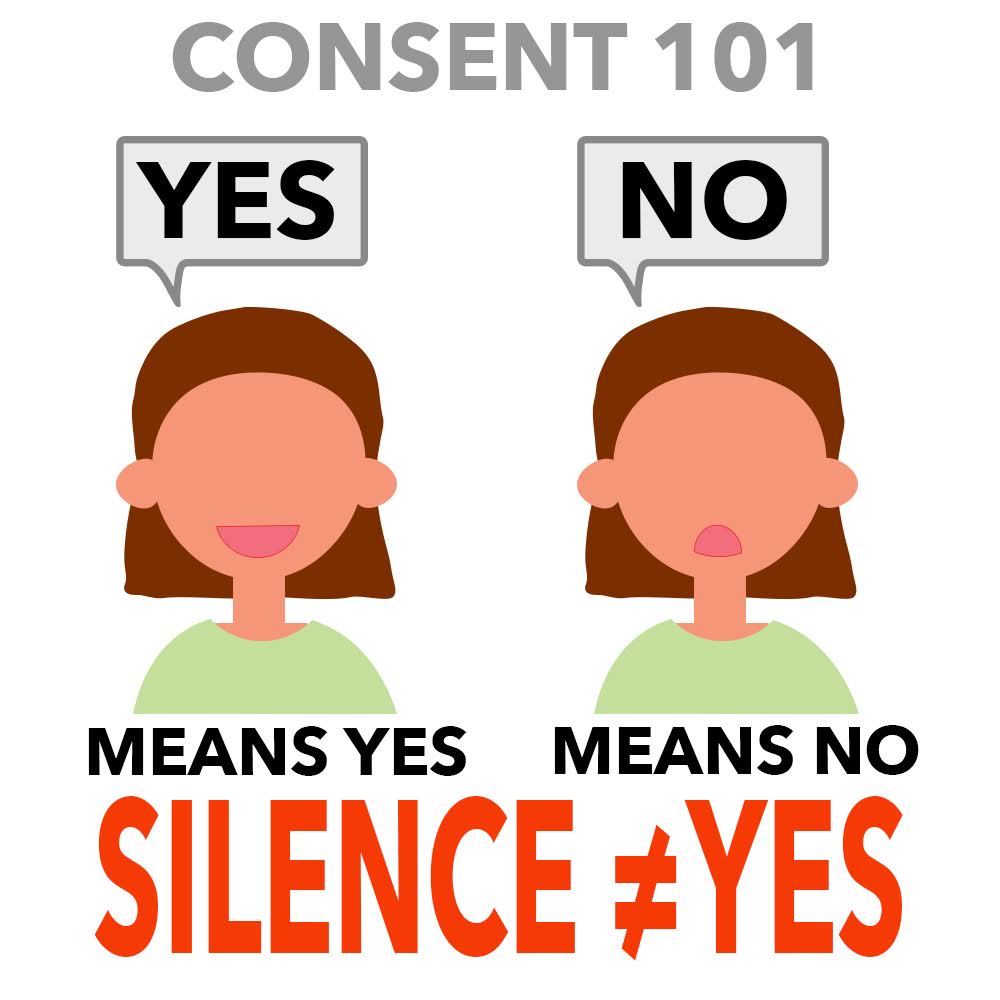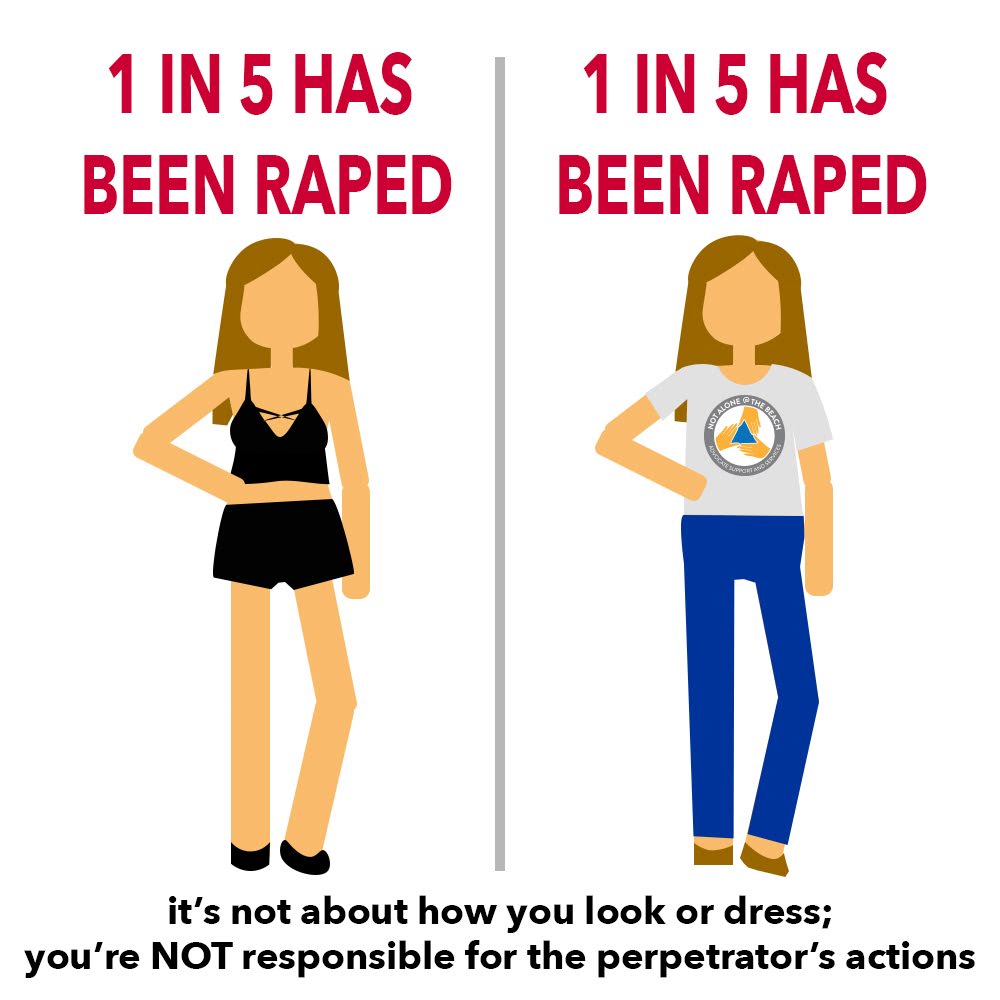Sexual Assault
Sexual assault is any forced, coerced, unwanted sexual contact. While there are specific legal definitions of rape and sexual assault in the California Penal Code (including but not limited to PC 261, 243.4, 220, 269, 285, 286, 288, 289, 311.3), sexual violence is best understood as a broader continuum of unwanted non-mutual sexual activities that range from subtle to extremely violent.
Sexual assault can include, but is not limited to, the concepts of rape, sexual threats and intimidation, incest, sexual assault by intimate partners, child sexual abuse, human sex trafficking, sexual harassment, street harassment and other forms of unwelcome, coerced or non-consensual activity. The terms Sexual violence and sexual abuse are also often used to describe the wide range of activities that constitute sexual assault. (Source: www.calcasa.org (California Coalition Against Sexual Assault)
A survivor may experience psychological, emotional, and physical effects from a sexual assault no matter how long ago the assault occurred. They may experience feelings of anxiety, stress, or other signs of post-traumatic stress disorder (PTSD). A survivor may also experience flashbacks, depression, and sleep and eating disturbances. A survivor may need to seek medical attention for possible Sexually Transmitted Infections (STI), pregnancy, or other injuries. It is normal for a survivor to have feelings of guilt or shame.
It is important to remember that sexual assault is never the victim’s fault. It isn’t always easy to deal with the effects of sexual assault, and survivors are encouraged to seek appropriate support and services to start the healing process.



